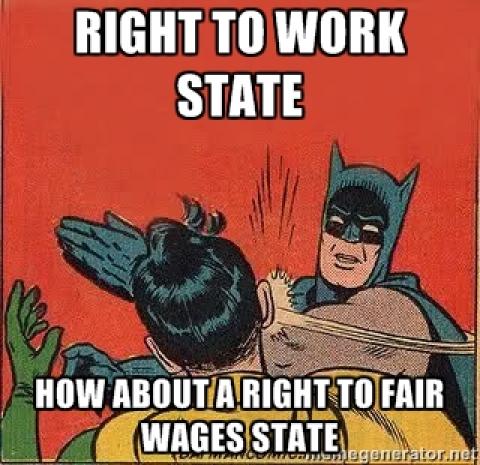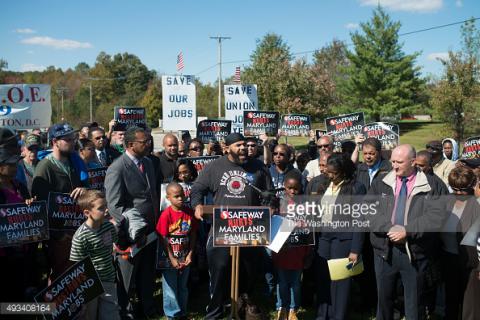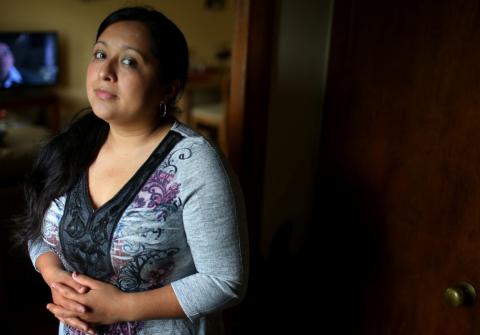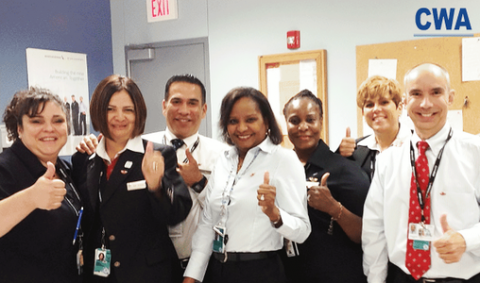The Lawyers Who are Fighting for the Same Rights as Janitors
The Washington Post

Thousands of attorneys perform tasks so routine that some believe they should get the same protections as the rest of the hourly workforce.









Spread the word